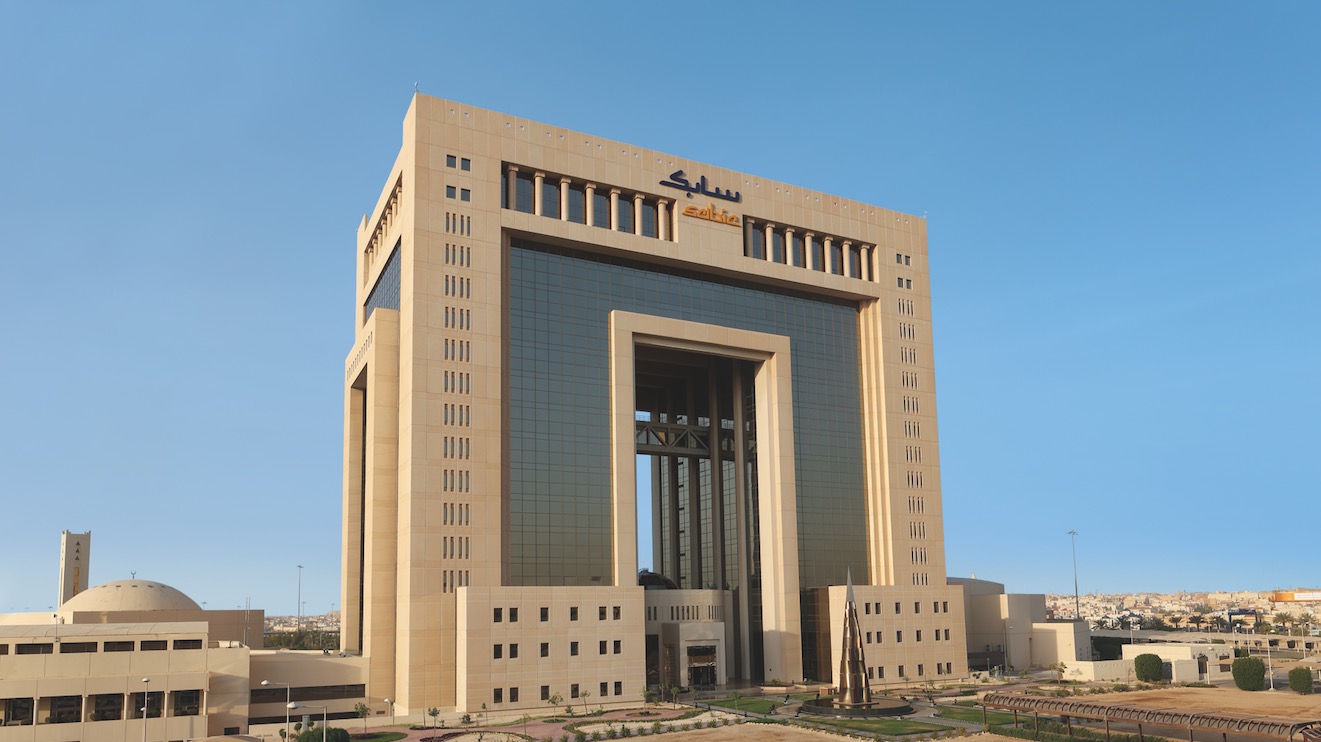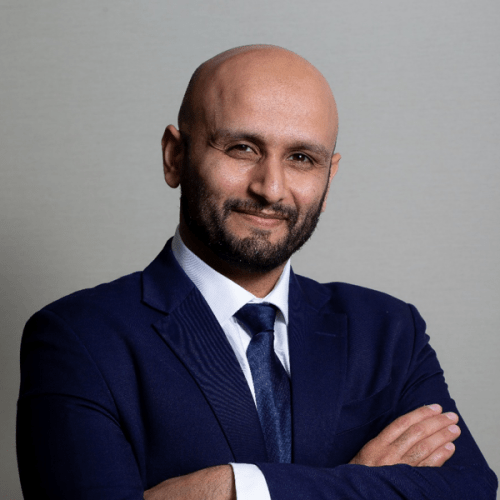Energy
May 15, 2019
Oil on Troubled Waters in the Middle East after Tanker Attacks
The potential disappearance of some 1 million barrels per day of Iranian oil, the continued decline in Venezuela’s production, and other geopolitical disruptions make for a tight market that can ill afford any further losses.
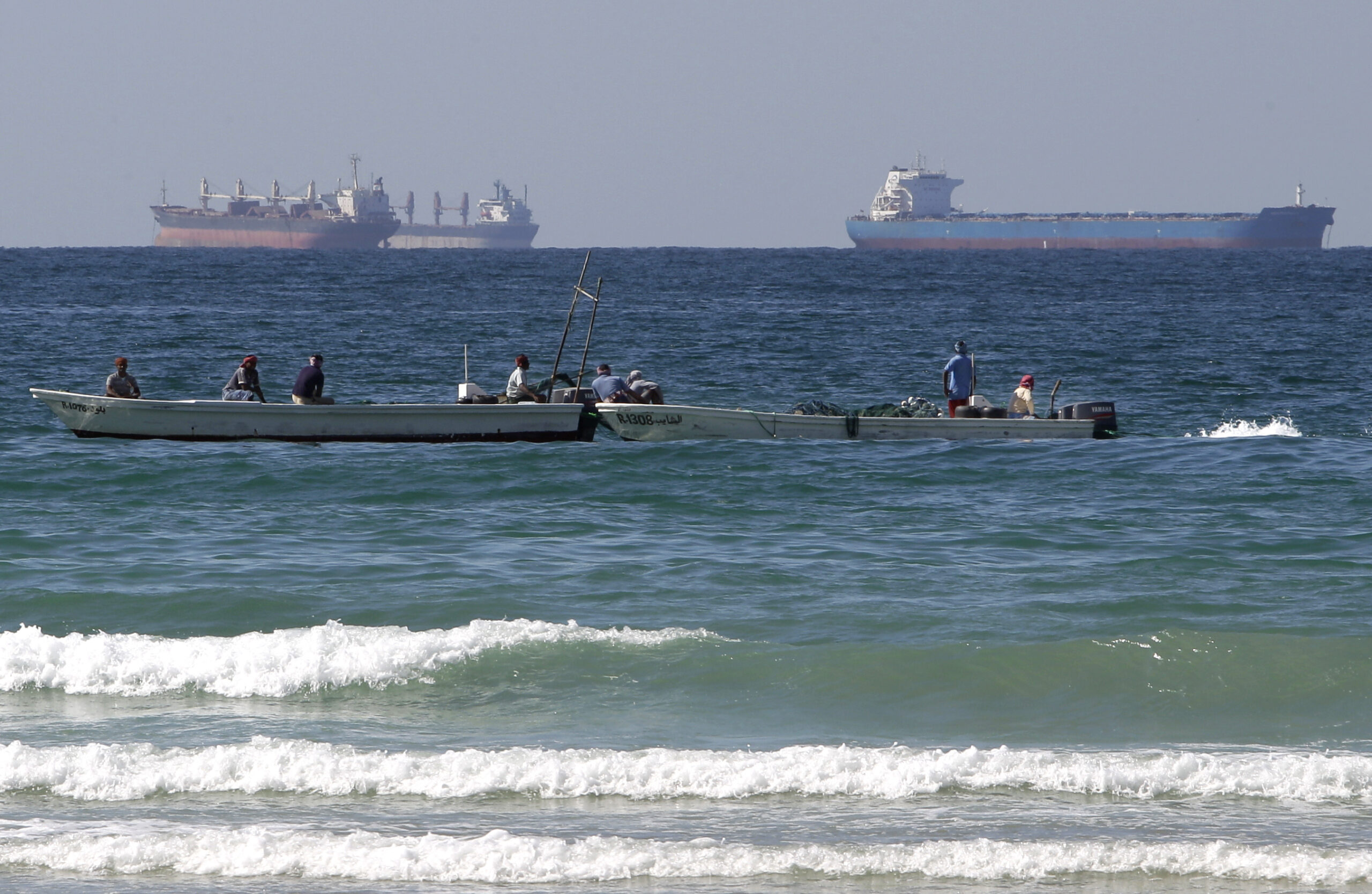
May 6, 2019
U.S. Secures Access to Oman’s Crowded Ports
Oman is situating itself for a strengthened position in the Gulf while maintaining its regional independence.
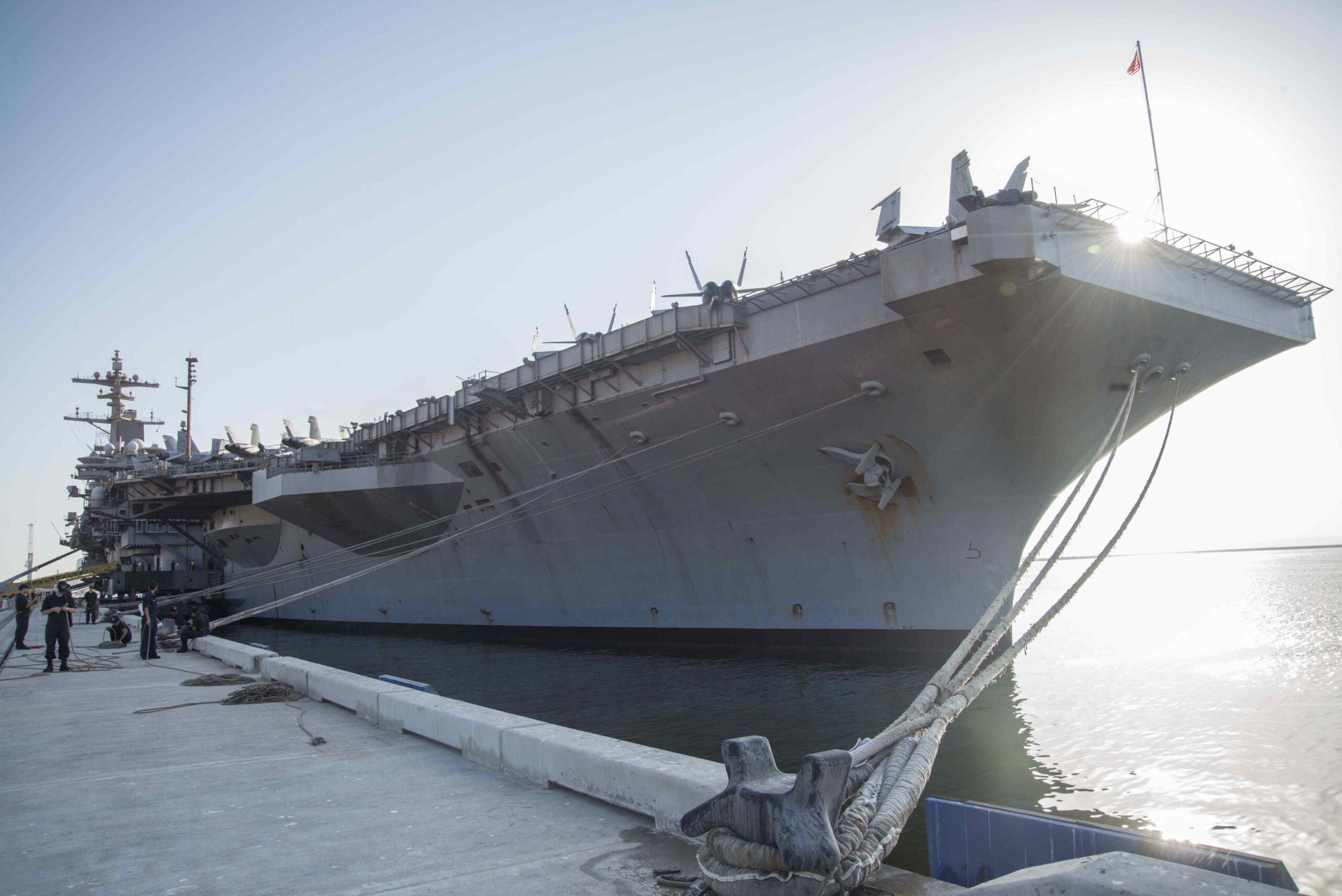
May 3, 2019
Back to Zero: U.S. Scraps Iran Sanctions Waivers
The end to oil-import waivers comes just as OPEC and its allies were starting to enjoy the fruits of their oil production cut agreement, and the fallout from the policy to drive Iranian exports down to zero is already being felt in the volatile oil market.
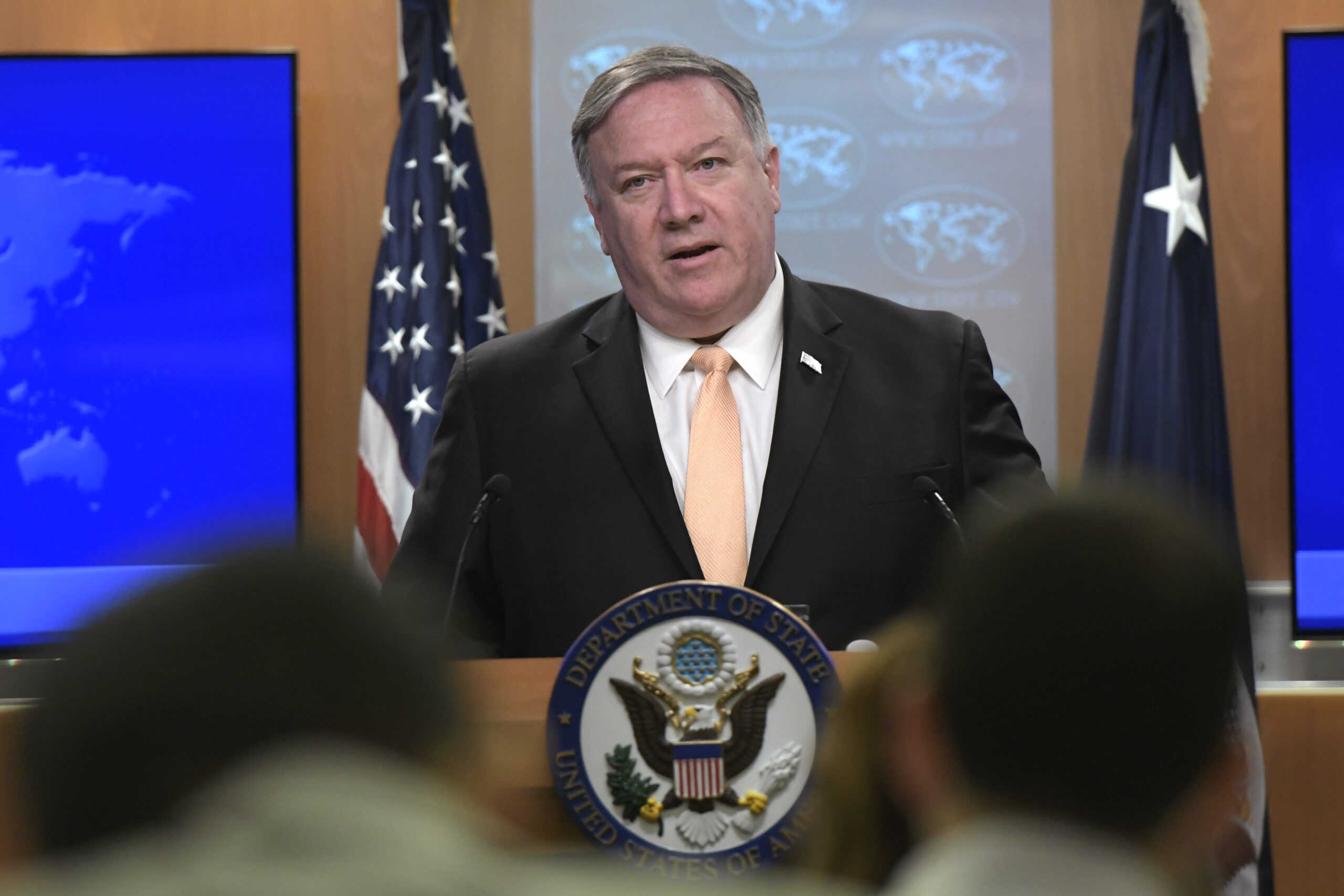
Apr 30, 2019
Kuwait’s Energy Industry Suffering from Ministerial Musical Chairs
Kuwait is struggling to increase oil production capacity. To put the country on a path toward a more sustainable energy future, Kuwait needs stability between its two branches of government and continuity in the energy sector.

Apr 25, 2019
Russia and the Gulf States: Pragmatic Energy Partners
The Gulf states have ceased to perceive Russia purely as an adversary; today Moscow is regarded as a reliable international partner but also a competitor.
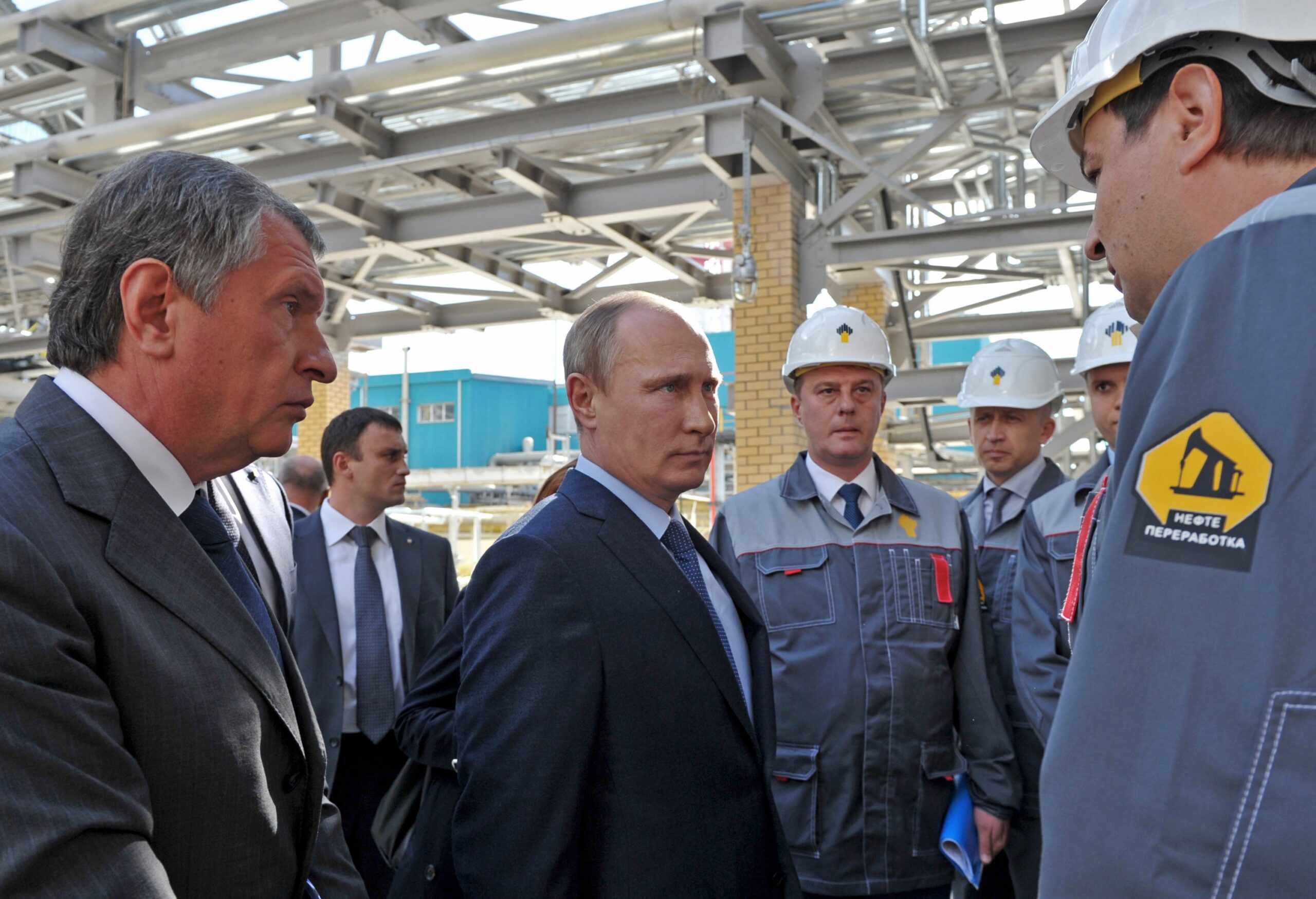
Apr 19, 2019
Oil Price Recovery Gives OPEC and Allies Some Breathing Space
The recent rise in oil prices takes some pressure off OPEC and its non-OPEC allies. However Saudi Arabia seems to want a deeper drawdown in global inventories before deciding whether to loosen output restrictions.
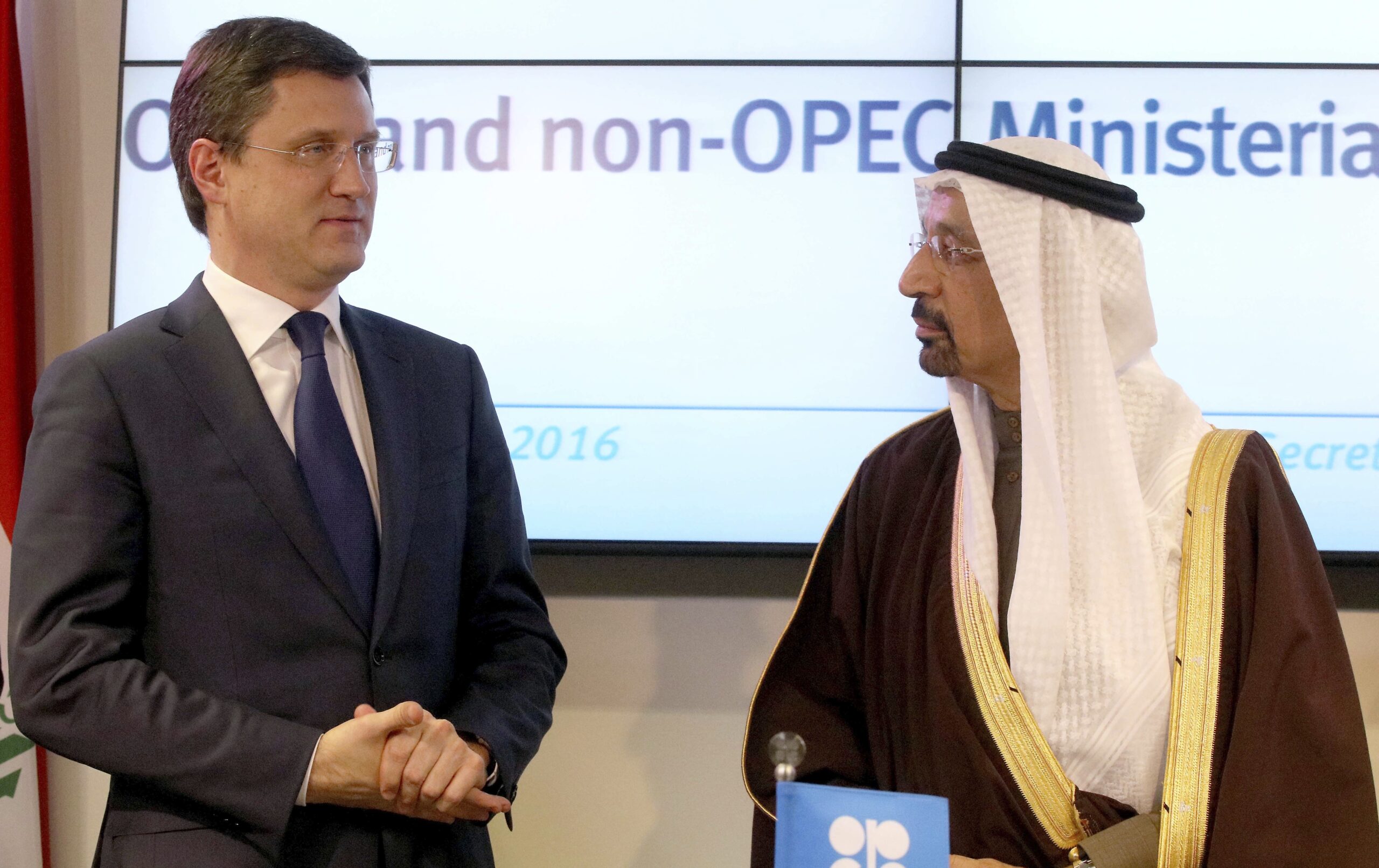
Apr 11, 2019
Civil Nuclear Energy in the Middle East: Demand, Parity, and Risk
Highlighting the United Arab Emirates, Saudi Arabia, and Egypt, this paper studies the security policy implications of civil nuclear programs and assesses the prospects for indigenous nuclear industries and relationships with international suppliers.
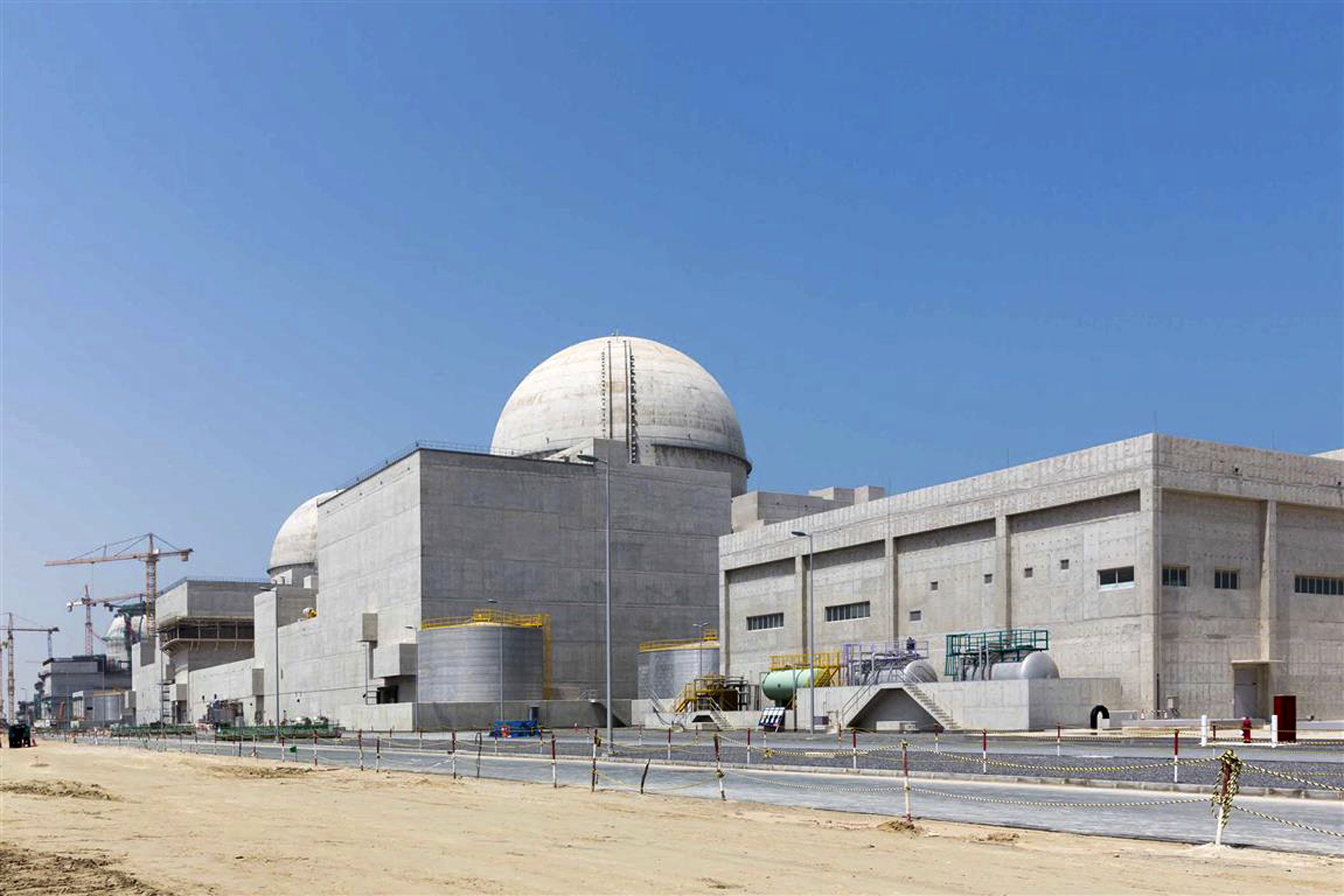
Apr 10, 2019
Aramco’s Pickup of SABIC Suggests Diversification is Losing Steam
The “back-to-basics” economic strategy now underway in the region represents a partial retreat, or at least a refocusing, from the ambitious diversification goals of past years.
